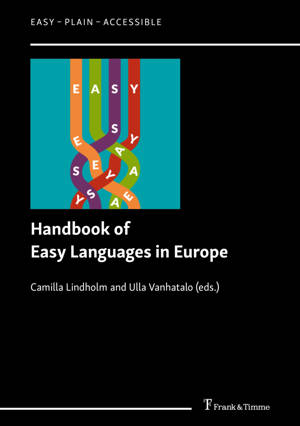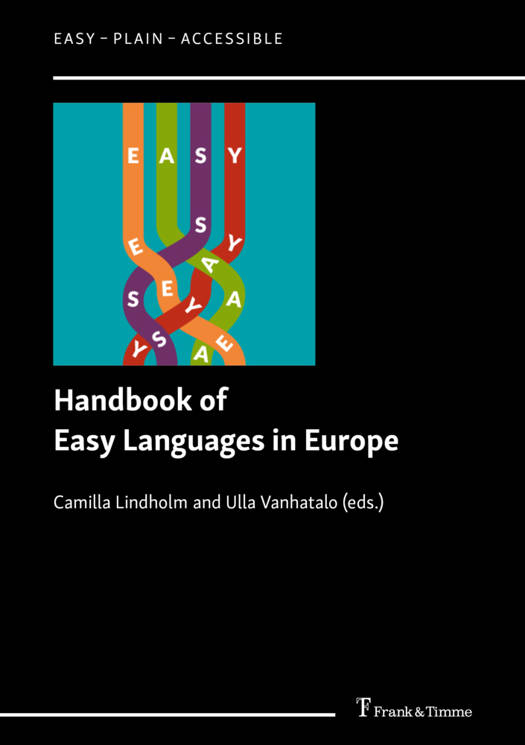
Bedankt voor het vertrouwen het afgelopen jaar! Om jou te bedanken bieden we GRATIS verzending (in België) aan op alles gedurende de hele maand januari.
- Afhalen na 1 uur in een winkel met voorraad
- In januari gratis thuislevering in België
- Ruim aanbod met 7 miljoen producten
Bedankt voor het vertrouwen het afgelopen jaar! Om jou te bedanken bieden we GRATIS verzending (in België) aan op alles gedurende de hele maand januari.
- Afhalen na 1 uur in een winkel met voorraad
- In januari gratis thuislevering in België
- Ruim aanbod met 7 miljoen producten
Zoeken
Handbook of Easy Languages in Europe
€ 97,95
+ 195 punten
Omschrijving
The Handbook of Easy Languages in Europe describes what Easy Language is and how it is used in European countries. It demonstrates the great diversity of actors, instruments and outcomes related to Easy Language throughout Europe. All people, despite their limitations, have an equal right to information, inclusion, and social participation. This results in requirements for understandable language. The notion of Easy Language refers to modified forms of standard languages that aim to facilitate reading and language comprehension. This handbook describes the historical background, the principles and the practices of Easy Language in 21 European countries. Its topics include terminological definitions, legal status, stakeholders, target groups, guidelines, practical outcomes, education, research, and a reflection on future perspectives related to Easy Language in each country. Written in an academic yet interesting and understandable style, this Handbook of Easy Languages in Europe aims to find a wide audience.
Specificaties
Betrokkenen
- Uitgeverij:
Inhoud
- Aantal bladzijden:
- 660
- Taal:
- Engels, Duits
- Reeks:
- Reeksnummer:
- nr. 8
Eigenschappen
- Productcode (EAN):
- 9783732907717
- Uitvoering:
- Hardcover
- Afmetingen:
- 153 mm x 216 mm
- Gewicht:
- 1054 g

Alleen bij Standaard Boekhandel
+ 195 punten op je klantenkaart van Standaard Boekhandel
Beoordelingen
We publiceren alleen reviews die voldoen aan de voorwaarden voor reviews. Bekijk onze voorwaarden voor reviews.








